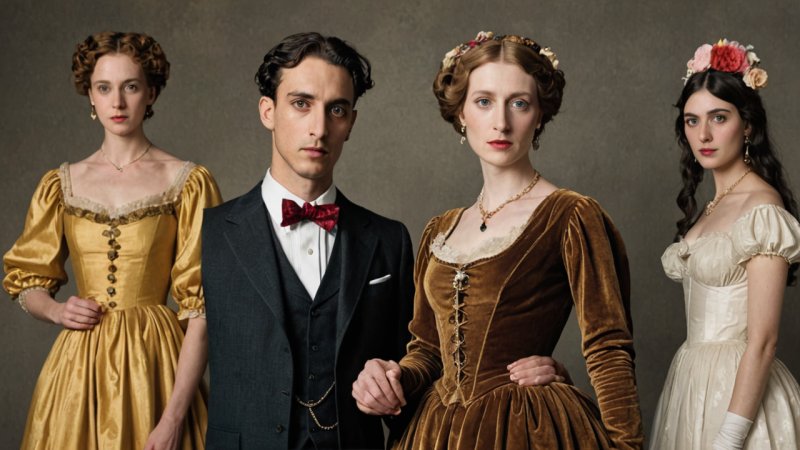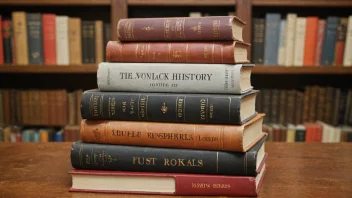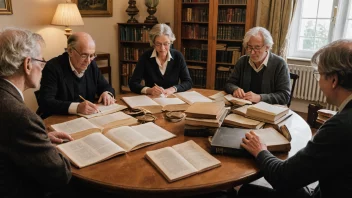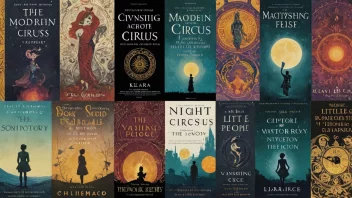The exploration of gender norms in literature has long been a field of rich inquiry, revealing how narratives shape and are shaped by societal expectations. In this article, we will compare two significant works that challenge traditional gender roles: Virginia Woolf's 'Orlando' and Jeffrey Eugenides' 'Middlesex.' Both novels offer unique perspectives on gender identity, fluidity, and societal constructs, albeit through different narrative styles and historical contexts. Woolf's fantastical protagonist traverses centuries and genders with ease, while Eugenides' historical narrative delves into the complexities of intersex identity and the tensions of growing up in a rigidly defined gender landscape. By examining the strengths and weaknesses of both works, we can gain deeper insights into their contributions to discussions around gender and identity.
Breaking Boundaries: A Comparison of Gender Norms in Virginia Woolf's 'Orlando' and Jeffrey Eugenides' 'Middlesex'
Explore how Virginia Woolf's 'Orlando' and Jeffrey Eugenides' 'Middlesex' challenge traditional gender norms in literature.






